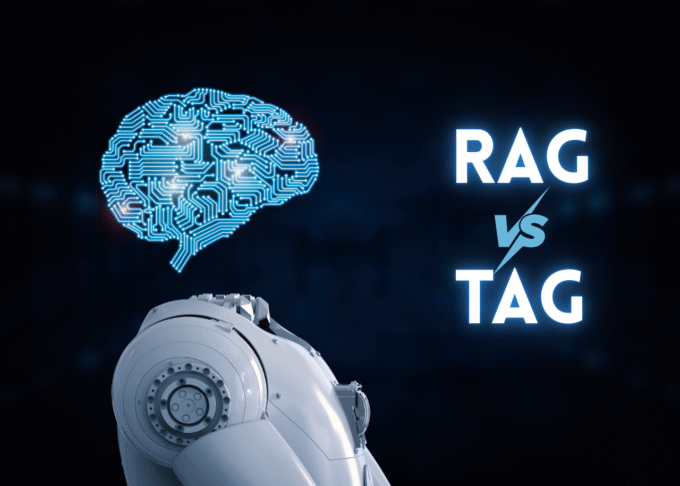Introduction:
Emphasizing the critical need to address algorithmic biases in AI systems. “Algorithmic biases, are not just technical glitches; they are reflections of societal biases that can perpetuate discrimination and inequality.”
The Challenge of Bias in AI Models:
AI models can inherit biases from the data they are trained on, leading to discriminatory outcomes. Businesses must implement strategies to identify and mitigate these biases.
Key Strategies for Bias Mitigation:
- Diverse Data Collection: Ensuring that training data represents a diverse range of demographics and perspectives.
- Bias Detection and Measurement: Employing techniques to identify and measure biases in AI models.
- Algorithmic Audits: Conducting regular audits to assess the fairness and transparency of AI algorithms.
- Explainable AI (XAI): Developing AI models that are transparent and explainable.
- Human Oversight: Implementing human oversight and intervention to ensure fairness.
Case Studies and Insights:
Companies that have proactively addressed algorithmic biases have gained a competitive advantage by building trust with diverse customer segments. These examples demonstrate the business value of ethical AI implementation.
Building a Fair and Equitable AI Ecosystem:
To minimize the impact of algorithmic biases, businesses must:
- Establish Ethical Guidelines: Developing clear guidelines for AI development and deployment.
- Foster Diversity and Inclusion: Promoting diversity and inclusion within AI teams.
- Engage with Stakeholders: Seeking input from diverse stakeholders to identify and address potential biases.
The Future of Fair AI:
The future will be driven by the development of more sophisticated bias detection and mitigation techniques, and the implementation of regulatory frameworks that promote fairness and equity. Businesses that prioritize fair AI will build stronger customer relationships and gain a competitive advantage.














